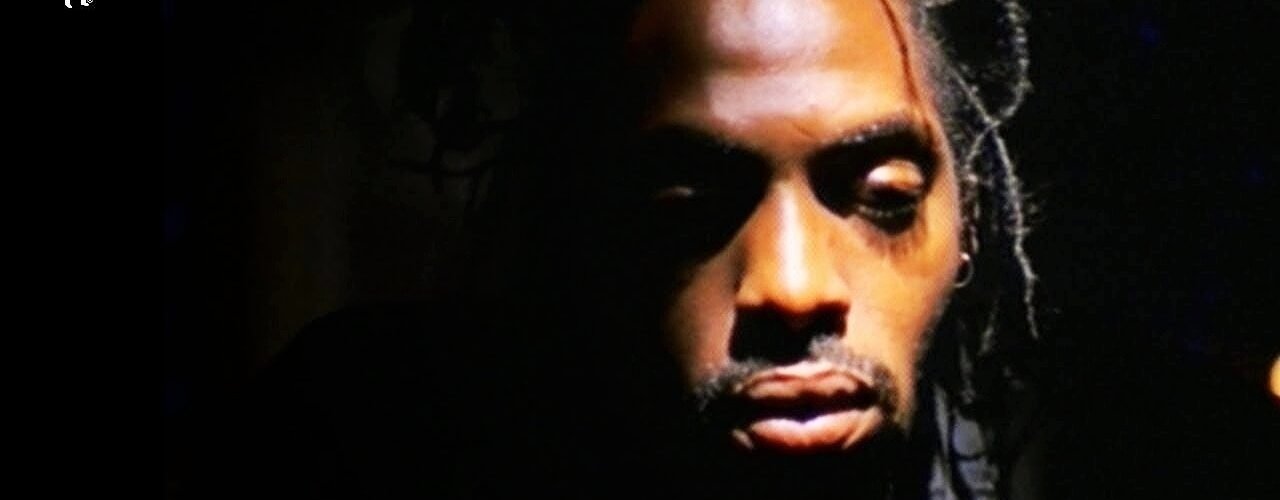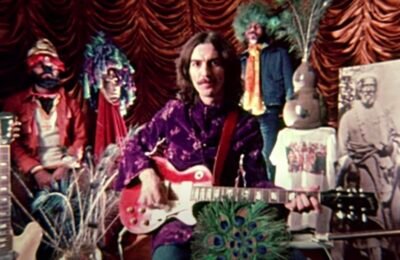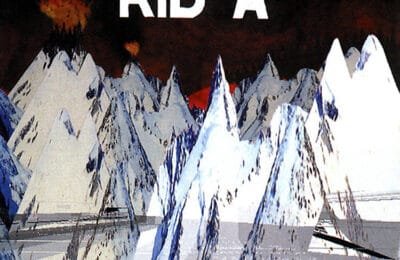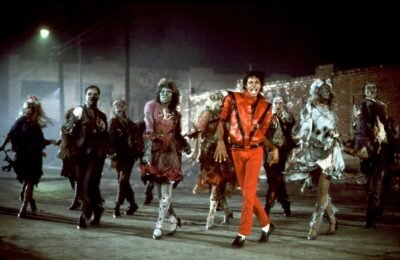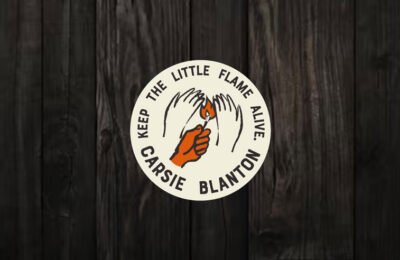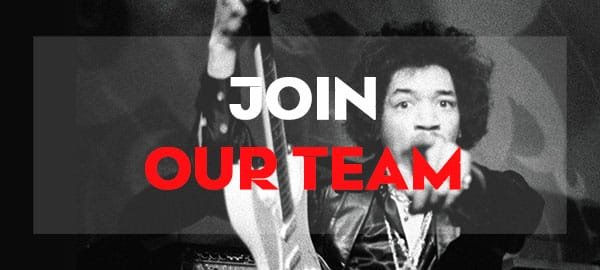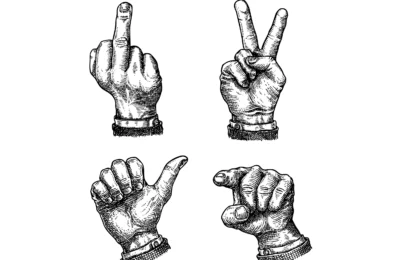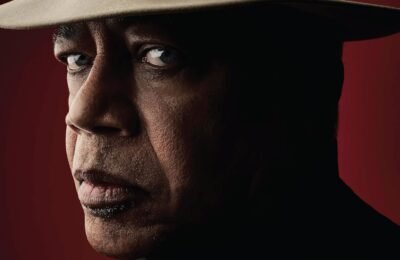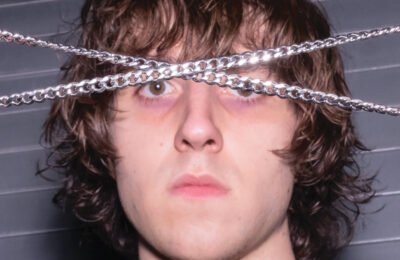Hip-hop was born in New York in the early 1970s and was culturally significant. From humble beginnings to becoming one of the most popular music genres on the planet, the world of hip-hop is the biggest it’s ever been. While inherently American, the impact of hip-hop never made a lasting impact across the Atlantic. That was until 1995, where Coolio’s narrative hit “Gangsta’s Paradise” broke down the barriers and hip-hop has been here ever since.
Coolio
Born Artis Leon Ivey Jr. in 1963, Coolio did not have the easiest of upbringings. Following his parents divorce, he relocated to Compton, California with his mother. Influenced by the rising hip-hop scene in Compton in the 1980s, he began rapping. Quickly becoming known for his sick flows, he earned the nickname “Coolio Iglesias”, a takeoff of the famous Julio Iglesias. An avid reader, this accumulated knowledge only helped his narrative style and the future was bright for this young man.
Like much of the African American youth in the area, Coolio earned his first taste of the American justice system as a teenager. He was arrested and subsequently served time for larceny. He also fell victim to the rising crack cocaine epidemic that hit the West Coast, but managed to overcome the addiction.
Entering the hip-hop scene in 1987 with his debut single, “Whatcha Gonna Do?”, he eventually made connections. This led to his induction into WC and the Maad Circle. Earning a record deal with Tommy Boy Records, his debut album It Takes a Thief was released in 1994 to wide acclaim. The following year, while collecting a royalty cheque from his manager, he stumbled across producer Doug Rasheed working on a beat. With ears pricked, he was immediately interested and freestyled over it. Pen in hand, he composed the cinematic hit we know today as “Gangsta’s Paradise”.
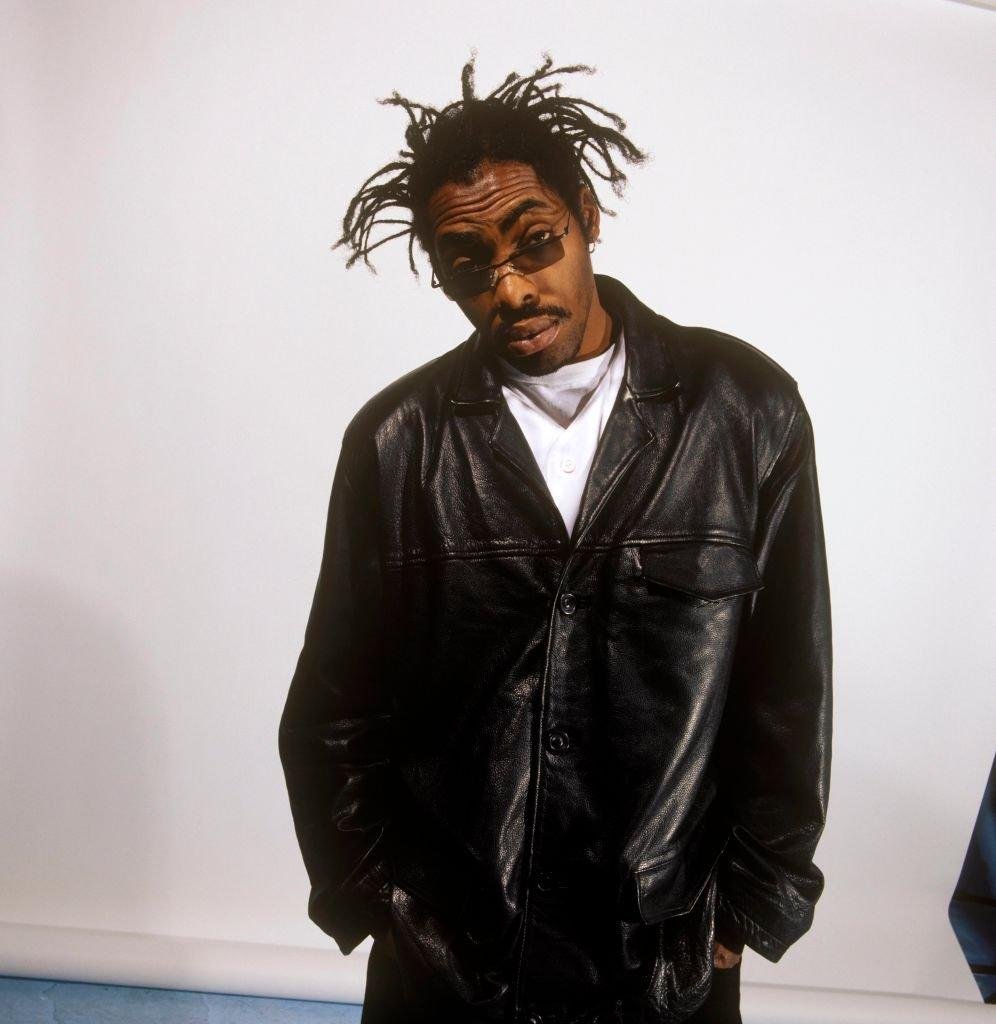
Gangsta’s Paradise
“As I walk through the valley of the shadow of death”. These opening words are iconic and timeless. Recite them in any conversation and it’s instantly recognisable. Even more iconic are the ethereal strings that open the track. A brilliant reworking of Stevie Wonder‘s “Passtime Paradise”, the song serves as both a tribute and a statement piece. The otherworldly choir and triumphant hook, courtesy of L.V. add to the out-of-body feeling to the song. But the timeless impact of Coolio‘s cinematic commentary is what broke down barriers to the mainstream media.
Every lyric of this song carries some reflection to Coolio‘s own life. The opening lines —lifted from Psalm 23 of the Bible— are an homage to his Christian beliefs, which he credits to helping him overcome addiction. As he takes “a look at [his] life and realize there’s nothin’ left”, he concedes to the life he has chosen. While having no regret for his actions, he solemnly details the struggle of gangster lifestyle.
Not a Normal Life
The second verse continues with mild regret. “Look at the situation they got me facin'”, attributes some blame to his parent’s divorce for leading him into a life of crime. “I was raised by the street” further justifies this, but he is self-aware that he could turn out better. His love of reading is paid tribute to in a way in the lyrics. “I’m a educated fool with money on my mind”, which is a painful oxymoron. Like many young people living in disadvantaged areas, he was easily swept up in crime. Acknowledging the dangers, he confesses “I’m livin’ life do-or-die, what can I say?”. He furthers this by recognising the stark reality of not growing old. “I’m twenty-three now, but will I live to see twenty-four? / The way things is goin’, I don’t know”.
The final verse has a growing feeling of true macabre. The opening lines are delivered with a ferocious flow, which conveys his feelings of disgust and weariness towards the life he lives. In a way his life is a cycle, chasing “Power and the money, money and the power / Minute after minute, hour after hour”. His frustration turns to the broken judicial system, “They say I gotta learn, but nobody’s here to teach me”. The system failed him, among many others, who turned to a life of crime. His final words are a hopeless confession, “That’s why I know my life is out of luck, fool”.
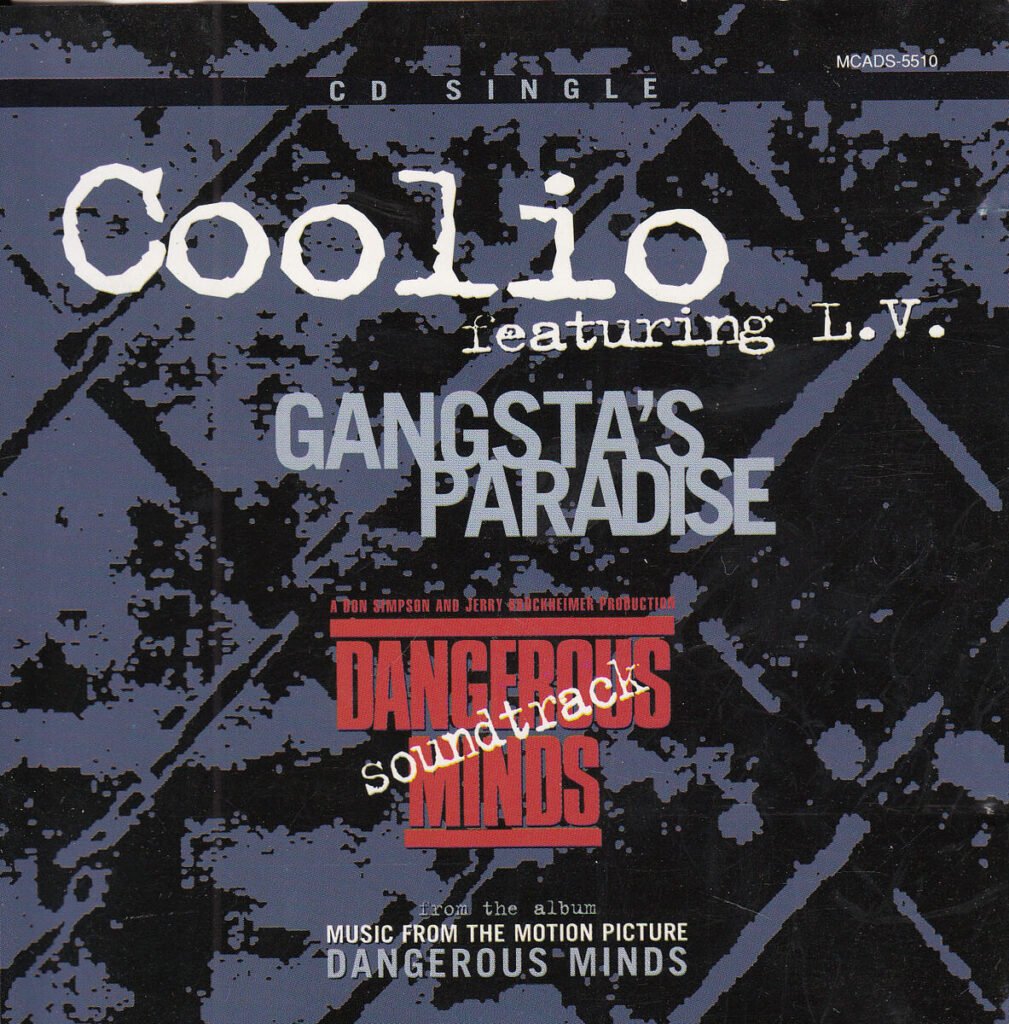
Gangsta’s Impact
A bleak story, the song was instantly loved by many. One person who took a particular shining to the song was Kathy Nelson, who was working in music acquisition for film. Upon meeting Coolio, she mentioned a Michelle Pfeiffer film that was almost complete. The missing component was the score, and to her, “Gangsta’s Paradise” fit that bill perfectly. Dangerous Minds was released in 1995 to mixed reviews, but the soundtrack was the standout feature. As a result, “Gangsta’s Paradise” reached a global audience and topped the charts in over 20 countries.
The song was the top-selling single of 1995. It became the first hip-hop track to reach the top spot in many European countries. Aside from the 5 million copies sold, as well as a Grammy award, the song served as pioneer to hip-hop in the mainstream. While hip-hop was growing in popularity in the U.S., much of it was deemed too abrasive for radio in Europe. Luckily for Coolio, Stevie Wonder would only grant permission for the use of his song if the song did not contain any profanity.
As a result, hip-hop has become one of the biggest genres of music in the world. An entire new audience started actively listening to and supporting hip-hop, and it was no longer viewed as profane nonsense. Hip-hop was finally viewed as a valid expression of art. Since then, there have been countless hip-hop number ones and awards, none of which would have been possible without Coolio. Although downplaying the impact of the song, he has admitted many would kill to take his place. While he is no longer with us, Coolio‘s impact lives on as one of the most important artists of the 20th century.
Rest in power, Coolio.
